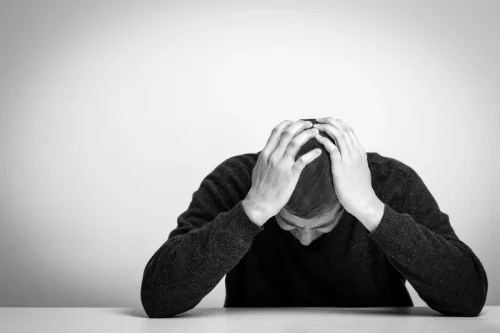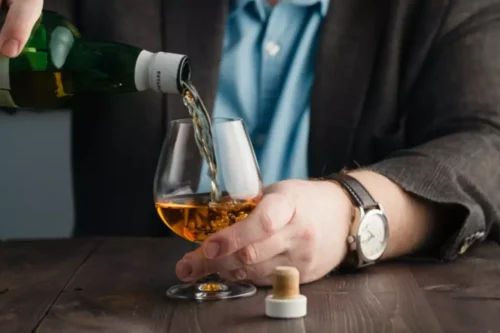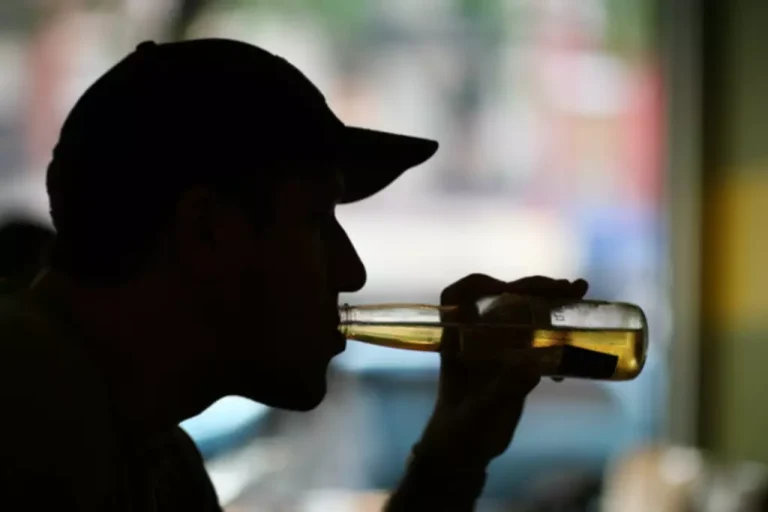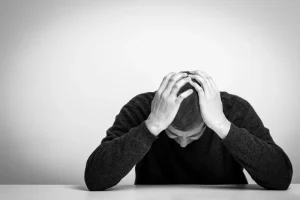
This acute insomnia becomes persistent because of perpetuating factors such as reading in bed (Spielman et al., 1987) or drinking alcohol. Figure 2 presents a conceptual model for insomnia in AD during recovery. Just like you set an alarm to wake alcoholism up, it is equally crucial to maintain a regular sleep schedule.
Can You Die From Heroin Withdrawal?
These fluctuations play a vital role in the sleep-wake cycle, and when they are weakened—or absent—a person may feel alert when they want to sleep and sleepy when they want to be awake. Creating a consistent pre-sleep routine can also be effective for dealing with insomnia after quitting alcohol. These methods include activities such as reading a book, listening to soothing music, or taking a hot bath. Remember, these are averages based on research and does not apply uniformly to every individual experiencing insomnia after quitting alcohol.
Unmatched Addiction Care in Colorado.
- This may seem confusing at first, but it is based on the theory that spending too much time in your bed can cause you to have insomnia.
- The relationship between alcohol and insomnia is complicated and multifaceted.
- This guide explores science-backed strategies to help you manage withdrawal symptoms, calm your nervous system, and get the rest you deserve.
Having a nightcap to top off your day can seem helpful—at least at first—because alcohol has a way of making you feel calm, drowsy, and at ease. But its effects can backfire as your body moves through its later sleep stages, making you feel tired and sleep-deprived in the long run. Treatment providers are available 24/7 to answer your questions about rehab, whether it’s for you or a loved one. Submit your number and receive a free call today from a treatment provider. If you or a loved one are suffering from Insomnia that you believe is tied to an alcohol use disorder, then your problem is likely more severe than you realize. Get professional help from an addiction and mental health counselor from BetterHelp.

How To Stop Alcohol Insomnia and Get Some Sleep
Several treatment options can help to make your detox safe, comfortable, and therapeutic. As the severity of alcohol use disorder increases, so does the risk of insomnia. People who drink alcohol, smoke, have both depression and anxiety or use alcohol as a sleep aid are much more likely to have this troublesome symptom. In severe cases, alcohol withdrawal can also result in life-threatening seizures and hallucinate. For this reason, medical intervention is strongly encouraged when you are attempting to stop drinking.
Keep in mind that for people with AUD, sleeping issues may persist through the withdrawal phase. Although experts can’t be certain that alcohol directly causes insomnia, numerous studies have found a link between this sleep disorder and alcohol consumption. The final point I’ve been keeping track of throughout the experiment is my resting heart rate. Again, it’s too time consuming to pull a year’s data out of the app, so I’ve only included the two weeks before I started giving things up, and was eating and drinking whatever I liked. Its short-term effects can bring relaxation and help them fall asleep faster.
Alcohol Dependence and Insomnia Associated with Other Sleep Disorders

This extends previous research that insomnia after drinking reported a greater prevalence of alcohol use and binge drinking among men (Naimi et al., 2003) to include middle-aged and older adults. Indeed, non-pharmacological interventions should be employed as therapy for insomnia in older people (Morin et al., 2006). Chronic insomnia is a recurring difficulty in falling or staying asleep, persisting for at least three months. Although sleep disturbances are common during alcohol detox, ongoing problems hint at more severe issues.

How I felt while moderating caffeine
I’m not a doctor or nutritionist, so if you have any concerns about your diet or health, please discuss them with your doctor or a qualified nutritionist. However, I don’t think quitting caffeine is the last step I’ll need to take if I want to consistently sleep better, and I’ll probably need to consider other factors as well. Column percentages do not add up to 100% since participants with each health condition are compared to all other participants in the study. For example, individuals with a heart condition are compared to participants who never experienced a heart condition. Past-week depressive symptoms were assessed using an 8-item short form of the Center for Epidemiologic Studies Depression Scale (CES-D) (Radloff, 1977). The nausea, depression, and insomnia you’re feeling might actually be symptoms of caffeine withdrawal.

Even a few days of insomnia can make you feel like you’re losing your mind. This is why it’s important to prioritize healthy sleep and get insomnia help immediately. Alcohol use and dependence appear to interfere with circadian rhythms—biological patterns that operate on a 24-hour clock. Evidence suggests that consuming alcohol may decrease the body’s sensitivity to cues, like daylight and darkness, which trigger shifts in body temperature and secretion of the sleep hormone melatonin.
- The negative impact on your circadian rhythm is another major explanation for why many people face sleep issues when they decide to quit alcohol.
- It increases your slow-wave sleep (SWS) stage, a dreamless state in which your body repairs itself and regulates the immune system.
- It can seriously suppress the immune system, impair cognitive and motor function, and increase the risk for heart disease, heart attack, stroke, diabetes, and more.
- This might include investing in a comfortable mattress—and if you’re sensitive to light and sound, blackout curtains or earplugs.
- Withdrawal insomnia “may last for weeks to months4 after initiating abstinence from alcohol,” says researcher Kirk J. Brower at University of Michigan Addiction Research Center.
- One of the ways our circadian rhythm does this is through the release of specific hormones at certain times of the day.
The average for that two weeks was 54, which is lower than all the previous time periods. Although it’s a bit lower than the months with caffeine in moderation, it’s still higher than all the previous time periods. I plan https://ecosoberhouse.com/ to continue without caffeine, so this is one sleep measure I’ll be keeping a keen eye on. On August 9, 2021, I started the reduction in my daily caffeine consumption. My aim was to drink no coffee or tea after midday, which naturally resulted in me cutting down to between one and three cups most mornings as I just didn’t feel like drinking more than that. My intention is to discuss my personal experience of quitting caffeine and other substances, and is not intended to be medical or dietary advice.


